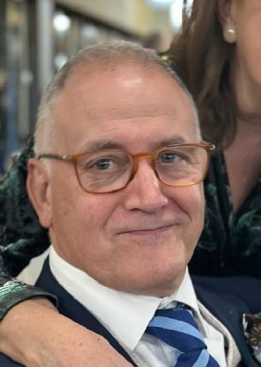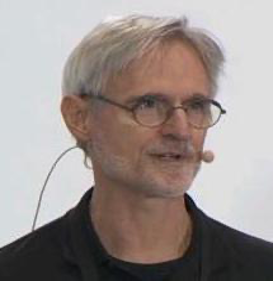Description of Activities
My fellowship aims to contribute to ongoing efforts related to standardisation and European policy, advising on topics related mainly to Robotics and Autonomous Systems and Artificial Intelligence.
Impact on SMEs (2nd Open Call)
SMEs related to robotics and/or developing artificial agents with a certain degree of autonomy can be impacted by this contribution, as the standard being developed aims to bring added value for integration and interoperability in solutions based on robotic and autonomous systems.
Impact on SMEs (4th Open Call)
SMEs related to robotics and/or developing artificial agents with a certain degree of autonomy can be impacted by this contribution, as the standard being developed aims to bring added value for integration and interoperability in solutions based on robotic and autonomous systems.
Impact on SMEs (8th Open Call)
SMEs related to robotics and/or developing artificial agents with a certain degree of autonomy can be impacted by this contribution, as the standard being developed aims to bring added value for integration and interoperability in solutions based on robotic and autonomous systems.
Impact on society (2nd Open Call)
Solutions integrating robotics and autonomous systems that adhere to the standard should result in more interoperable, intelligent, sustainable, and cost-effective technologies, enabling people. to carry out tasks related to personal assistance.
Impact on society (4th Open Call)
One of the direct impacts of my activity is widening the stakeholders' network that can also learn from the standard development and share domain-specific information that is relevant to implement use cases for the standard. It may be of particular interest to the TEF-Health European Project, which is establishing a test and experimentation facilities network across the EU, and I am part of the team and IPN which is leading the Portuguese node.
Impact on society (8th Open Call)
Impact on Society The activity aims to significantly contribute to the development and revision of standards, specifically the newly accepted IEEE P1955, which addresses 6G Empowering Robotics, and IEEE P1872.3, which extends IEEE 1872.2-2021 with specific domain ontologies and new concepts related to artificial intelligence, machine learning, and human-machine interaction. Additionally, it will promote the adoption of existing standards like IEEE 1872.2-2021. This activity will actively engage in the creation and revision of new standards, including developing resources, use cases, and technical documentation that facilitate the adoption and implementation of these standards across various healthcare and technology sectors.
Organization
Coordinator of RTD unit - Laboratory of Automatics and Systems, Instituto Pedro Nunes
Proposal Title (2nd Open Call)
Contribution to a new standard for autonomous robotic systems IEEE1872.3
Proposal Title (4th Open Call)
Contribution to new standard for autonomous robotic systems IEEE1872.3
Proposal Title (8th Open Call)
Standardization in Robotics and AI for Healthcare
Standards Development Organisation











